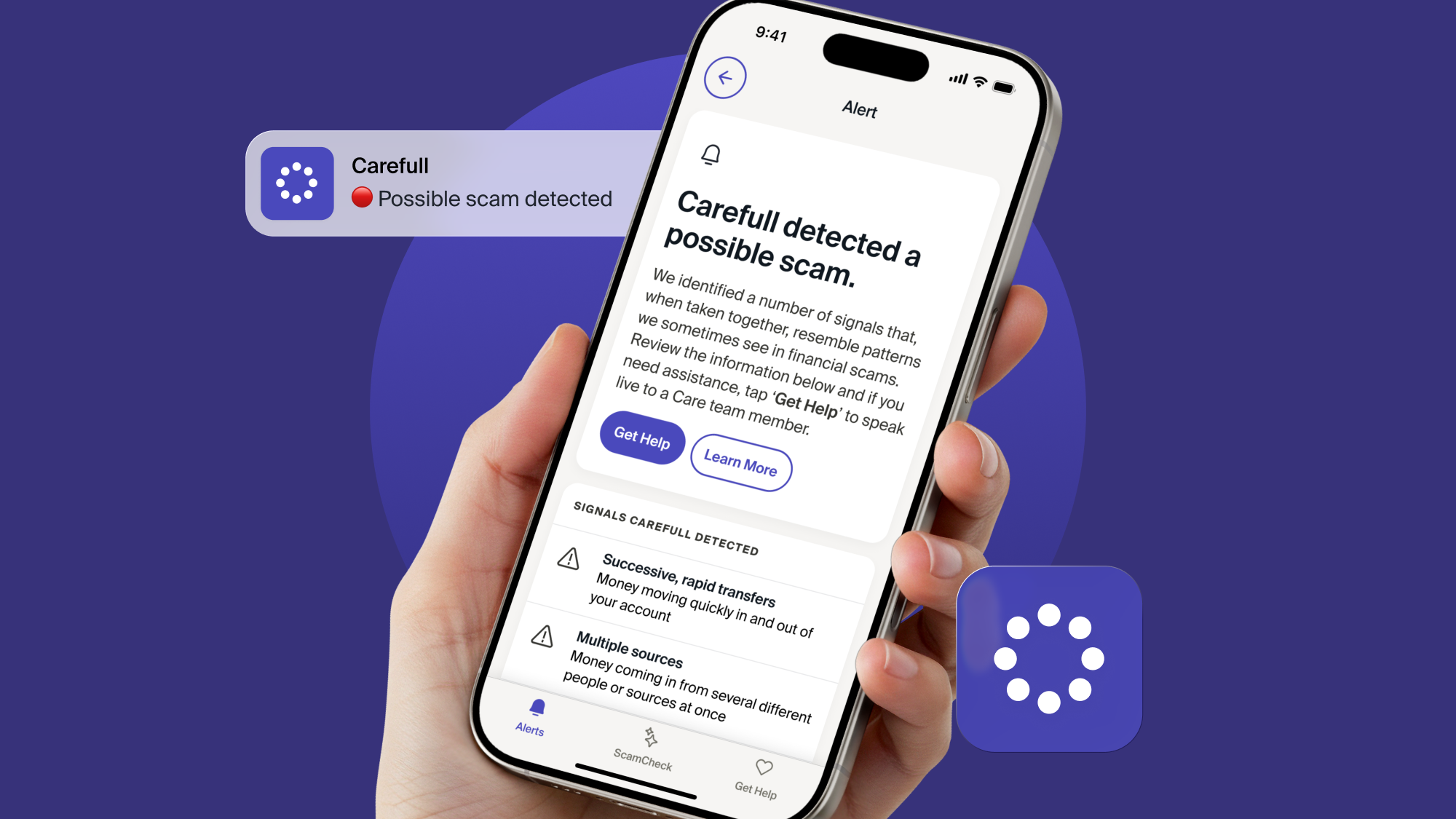How Florida Banks Can Cut the High Cost of Elder Fraud

Banks in Florida will soon have a much-needed tool to prevent elder fraud. Senate Bill 556, which was signed into law and will take effect January 1, 2025, allows financial institutions to delay disbursements from accounts of adults 65 and older or vulnerable adults if financial exploitation is suspected.
Being able to slow down transactions when scammers and thieves are trying to get older adults to hand over their hard-earned money will go a long way toward reducing the $27 billion in annual losses to elder financial exploitation. However, there’s a missing piece in the legislation that could further curtail exploitation.
Although the new law requires financial institutions to alert trusted contacts to holds, there is no requirement to ask account holders for trusted contacts. Without trusted contacts, banks lack a valuable component in the fight against elder fraud. Fortunately, there’s a ready-made trusted contacts solution that Florida banks could use to protect vulnerable customers, reduce EFE-related losses and attract the next generation of customers.
The benefits of allowing customers to designate trusted contacts
All banks should proactively institute a policy to ask older and vulnerable account holders for the name and contact information of a trusted contact who can be contacted in specific situations, including to address suspected exploitation. There are a variety of benefits for banks and their customers of having a trusted contacts program.
Asking for trusted contacts is becoming the industry norm. Broker-dealers and investment advisers already are required by FINRA Rule 4512 to ask customers for trusted contacts. The Consumer Financial Protection Bureau recommends that financial institutions do the same to signal to consumers that they are taking steps to protect their assets and prevent financial exploitation. Several states already have answered that call by passing laws that allow banks and credit unions to ask for trusted contacts or establish emergency contact programs. Florida banks would be wise to adopt this sound practice, regardless of what is legally required in the state.
Trusted contacts add a layer of security. When bank employees suspect that older customers are victims of fraud and are considering placing a hold on transactions, having trusted contacts to reach out to and discuss whether account holders could be a victim of exploitation could support decisions to delay disbursements. It also provides an opportunity for trusted contacts to intervene and persuade their loved ones not to send money to scammers—potentially eliminating the need for a bank to place a hold.
Involving trusted contacts can save money. When trusted contacts are able to stop aging loved ones from handing money over to scammers, banks can reduce the number of suspicious activity reports that need to be filed. BankDirector estimates that $180 million in annual BSA/AML analyst salaries goes to preparing the SAR form. Filing fewer SARs thanks to intervention can represent significant savings—on top of EFE-related losses that prevented.
Connecting with trusted contacts offers an opportunity to attract the next generation of new customers. If older account holders lose money to fraud, their adult children can be quick to blame financial institutions for not intervening. On the flip side, financial institutions that reach out to older account holders’ younger family members who have been named trusted contacts can show that they are taking steps to stop elder financial exploitation. They can establish themselves as banks that take security seriously and win the trust—and business—of the next generation.
A ready-made trusted contacts solution
Asking account holders to designate trusted contacts gives your staff a valuable tool in protecting older customers against financial exploitation. Done as part of a technology platform, it also gives banks an opportunity to connect with those contacts and potentially bring them in as new members.
Banks partnering with the Carefull service have a built-in option for older customers to add trusted contacts to their accounts, including an ability to grant varying levels of view-only permissions. Carefull provides 24/7 account, credit and identity monitoring and alerts users and their trusted contacts to unusual transactions and signs of fraud. This makes it easier for banks to ensure that their customers’ trusted contacts are informed about any potential suspicious activity and have the opportunity to intervene to prevent small issues from becoming big problems.
To learn more about how Carefull can help your bank protect older customers from elder financial exploitation, contact our team today.

3 Steps to Safer Money,
Try it Free for 30 Days
Step 1
Start your free,
no-risk trial
Step 2
Connect the accounts and cards you want protected
Step 3
Stay alerted to any
unusual activity







